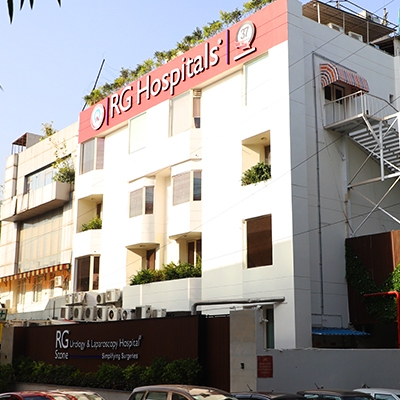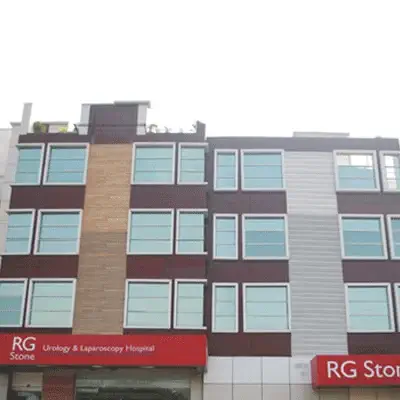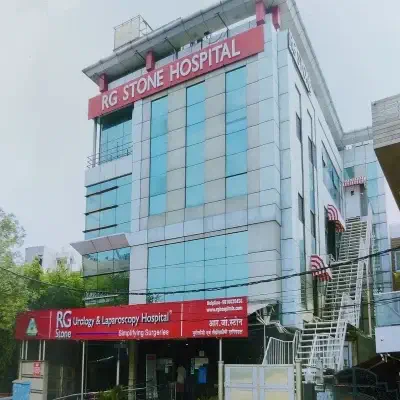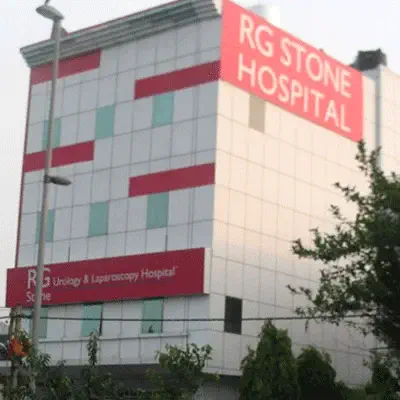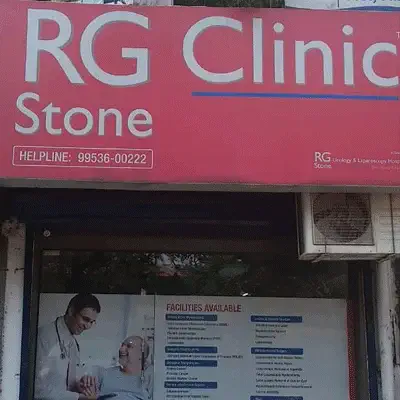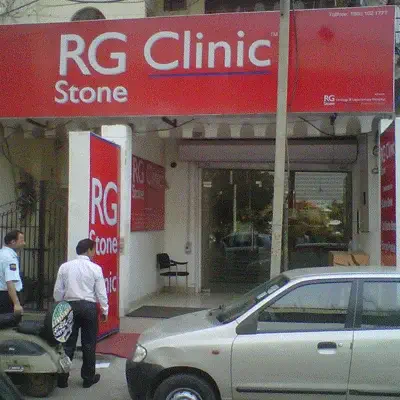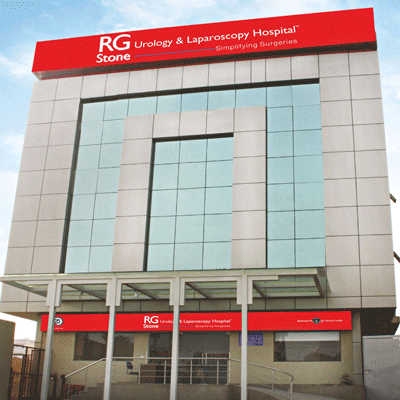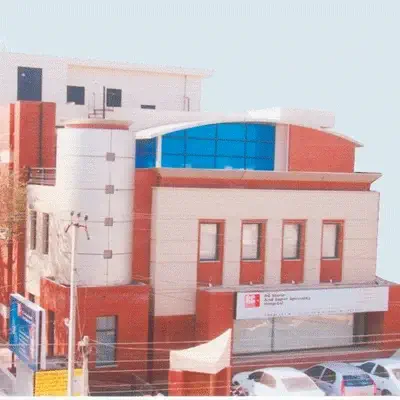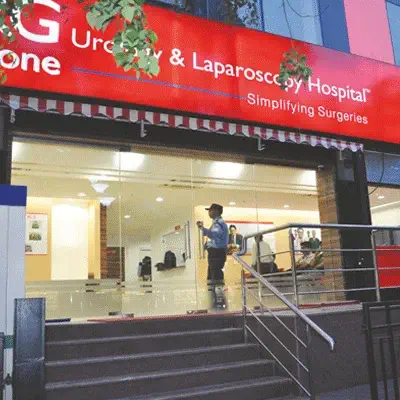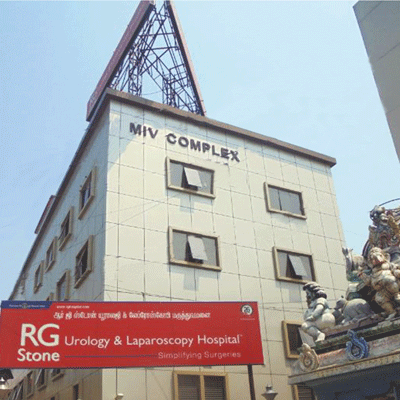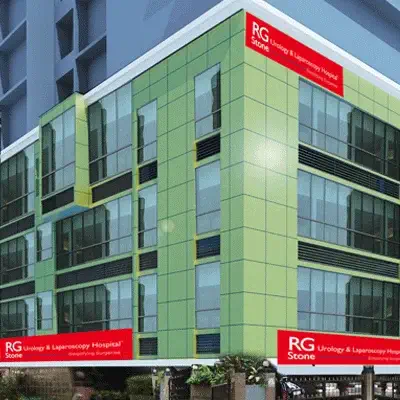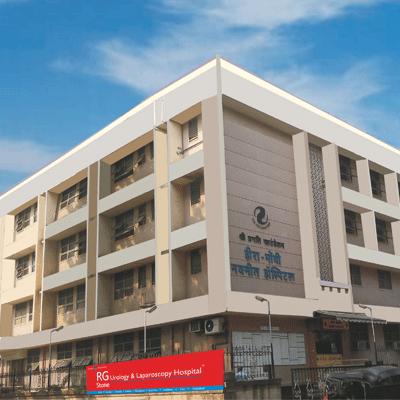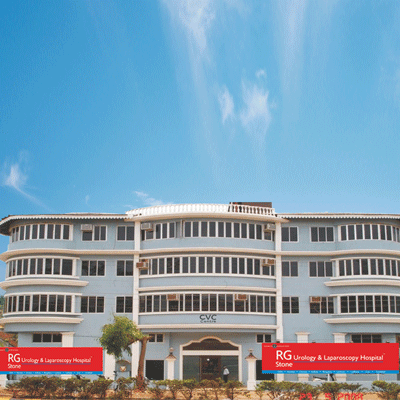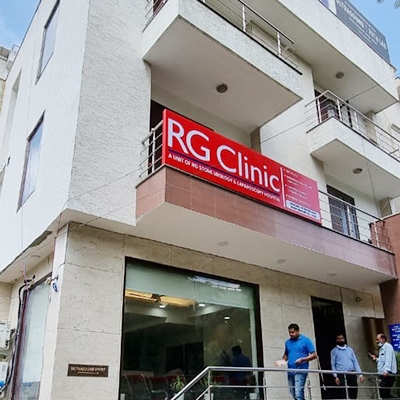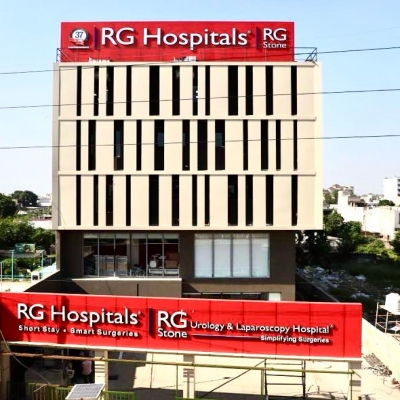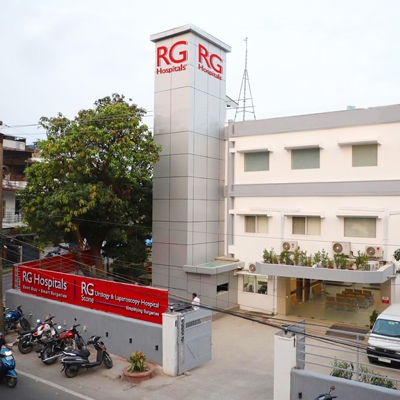A kidney biopsy is a procedure in which a small sample of kidney tissue is taken for examination under a microscope. This procedure is used to diagnose kidney diseases, determine the cause of kidney dysfunction, and assess the severity of kidney damage. A kidney biopsy is commonly performed when a patient’s kidney function is deteriorating, and the underlying cause is unclear. The procedure is usually guided by ultrasound (USG) to ensure precise needle placement. The biopsy sample helps doctors evaluate conditions such as glomerulonephritis, lupus nephritis, and other forms of kidney disease. While the procedure is minimally invasive, it is essential for accurate diagnosis and treatment planning.
Procedures & Interventions
The biopsy is performed using a fine needle that is inserted through the skin and into the kidney, using ultrasound imaging to guide the needle. This minimally invasive procedure is generally safe, though patients may experience mild discomfort.
After a kidney biopsy, patients are closely monitored for signs of complications, such as bleeding or infection. Bed rest and close observation for several hours are usually required.
Managing blood pressure and anticoagulation therapy is essential after a kidney biopsy to minimize the risk of bleeding complications.
After the biopsy, follow-up tests may be necessary to assess the kidneys’ function and confirm the results of the biopsy. These tests may include blood work and imaging studies.
The kidney biopsy results help doctors determine the most appropriate treatment options, such as medications or lifestyle changes, based on the specific diagnosis.

The biopsy is performed using a fine needle that is inserted through the skin and into the kidney, using ultrasound imaging to guide the needle. This minimally invasive procedure is generally safe, though patients may experience mild discomfort.

After a kidney biopsy, patients are closely monitored for signs of complications, such as bleeding or infection. Bed rest and close observation for several hours are usually required.

Managing blood pressure and anticoagulation therapy is essential after a kidney biopsy to minimize the risk of bleeding complications.

After the biopsy, follow-up tests may be necessary to assess the kidneys’ function and confirm the results of the biopsy. These tests may include blood work and imaging studies.

The kidney biopsy results help doctors determine the most appropriate treatment options, such as medications or lifestyle changes, based on the specific diagnosis.
Team of Excellence
Behind every recovery story at RG Hospitals is a team of exceptional doctors whose passion for healing and innovation continues to transform healthcare and redefine patient outcomes.
Find a DoctorLooking for an Expert
RG Hospitals is proud to be the home of some of the world's most distinguished doctors.

Patient Stories
View AllPatient Testimonial | Commitment To Care
Treated by Dr. Manoj Gupta , RG Stone Hospital, Dehradun
- All Locations
- New Delhi
- Haryana
- Punjab
- Kolkata
- Chennai
- Mumbai
- Goa
- Uttar Pradesh
- Uttarakhand


